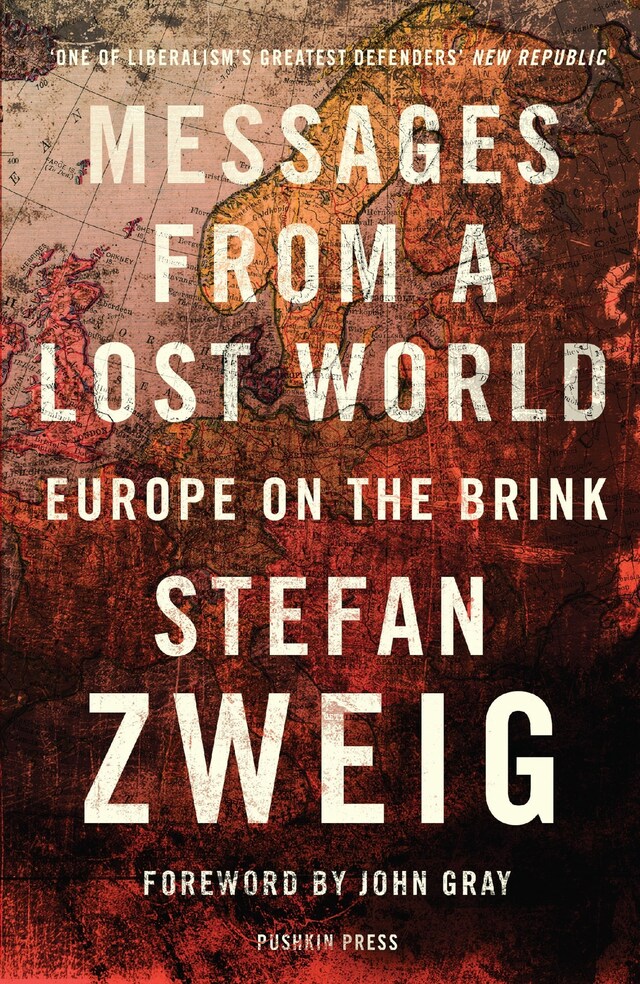
Messages from a Lost World
Europe on the Brink

